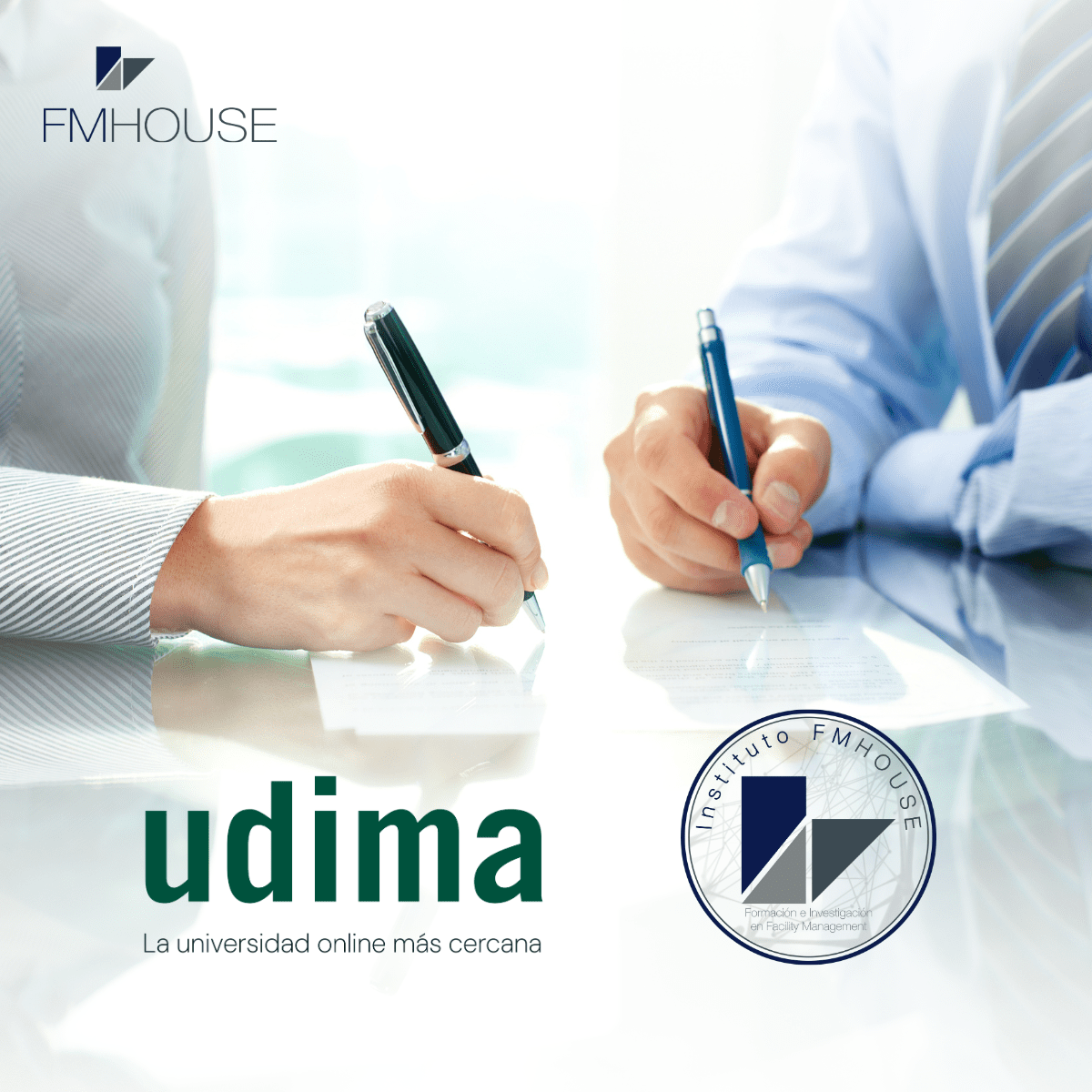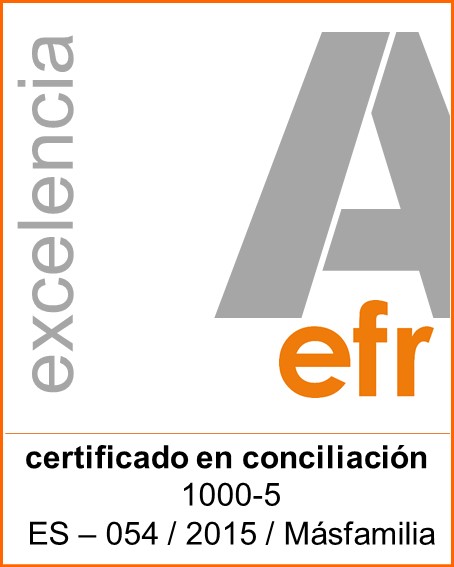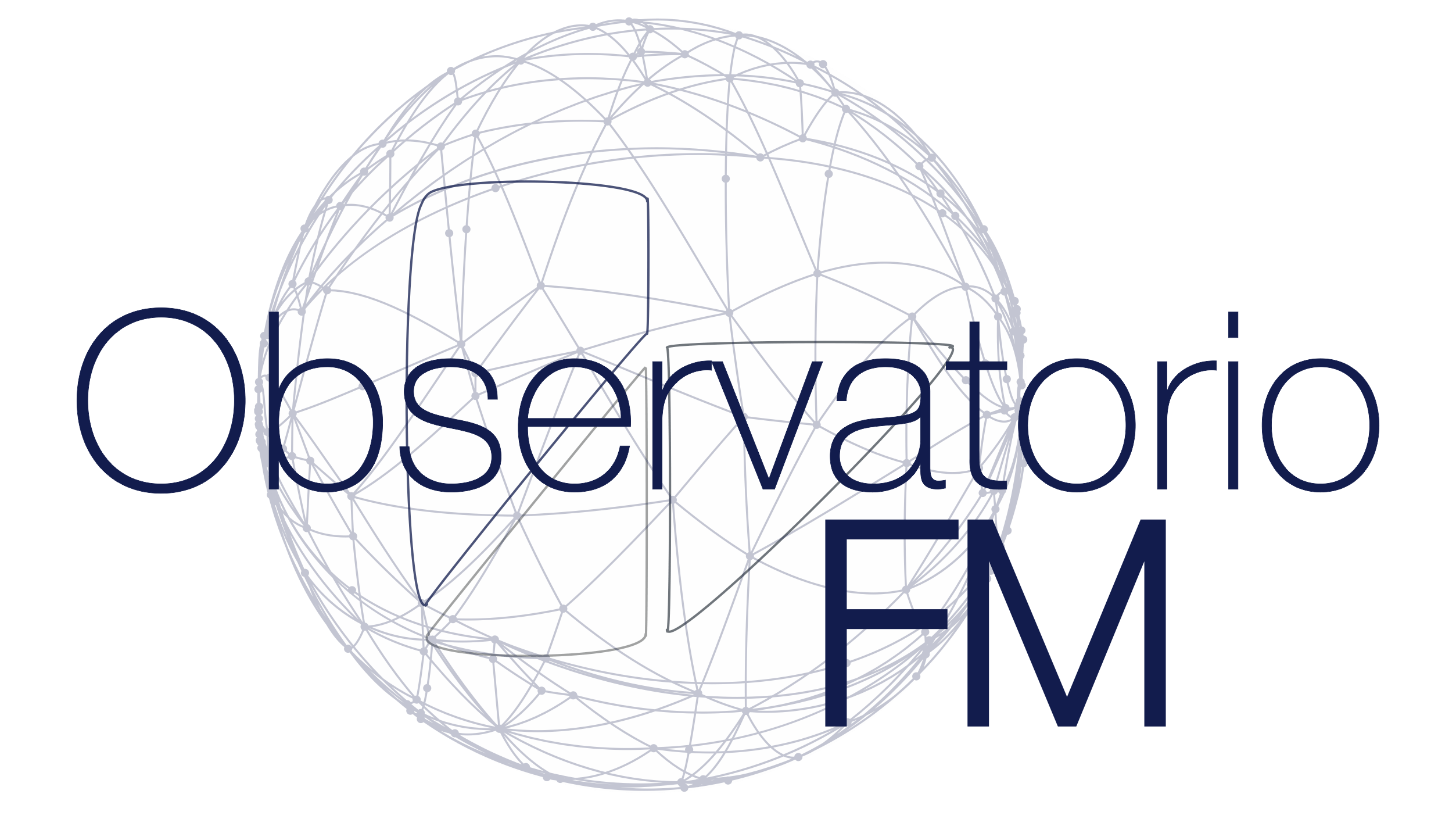How to optimise resources and maximise the value of support activities through a more strategic approach
In today’s Facility Management (FM) context, operational efficiency is an essential requirement. Within this framework, the intelligent management of the supply chain represents a strategic transformation that redefines how processes related to infrastructure and general services are planned, managed, and executed within organisations. It is clear that technological advancement has ceased to be merely a promise, becoming instead a concrete tool capable of generating real and measurable value. Emerging technologies such as the Internet of Things, artificial intelligence, and predictive analytics are positioning themselves as essential enablers of a more agile, accurate, and resilient supply chain.
Intelligence as the new operational standard
An intelligent supply chain relies on constant access to accurate, real-time data. This level of visibility allows FM professionals to anticipate demand, adjust logistics flows more efficiently, and make well-founded strategic decisions. Rather than reacting to problems, the FM professional can act proactively, resulting in more efficient use of resources and a significant reduction in unplanned costs. For instance, by installing sensors on equipment, deviations or conditions indicating potential failures can be detected early. This information, integrated into predictive maintenance systems, enables interventions to be scheduled without disrupting operations, thereby extending asset lifespan and minimising impact on the working environment.
Traceability, control, and sustainability
One of the most significant contributions of supply chain digitalisation is traceability. Having detailed information about the origin, journey, and condition of each supply enables rigorous quality control, promotes the continuous improvement of processes, and ensures compliance with internal standards and regulatory requirements. Furthermore, it allows the implementation of responsible procurement policies, prioritising suppliers that operate according to sustainable criteria, with efficient practices in the use of materials, energy, and transport. This strategic selection contributes to reducing the environmental footprint and strengthens the organisation’s corporate image and commitment.
Collaboration and shared value
The intelligent management of the supply chain fosters a collaborative environment among all involved parties: suppliers, contractors, technicians, and managers. The use of common digital platforms, providing real-time shared access to information, allows actions to be coordinated, incidents to be resolved more swiftly, and response times to be optimised in the event of any contingency. This cooperative model significantly enhances the end-user experience, who benefits from higher service quality, more functional spaces, and a safer, more comfortable working environment. The supply chain, therefore, ceases to be an isolated operational function and becomes integrated as a key tactic within FM.
Towards a more agile and strategic management
Adopting such a system means advancing towards a more flexible, performance-oriented management model aligned with the organisation’s strategic objectives. Technological integration is no longer an option but a necessity to effectively meet the demands of an increasingly dynamic and complex environment. The FM professional leading this transformation must adopt a proactive role, understanding that their function goes beyond maintaining facilities — it is about maximising resource performance, optimising asset lifecycle, and delivering tangible value to the business. In short, the intelligent management of the supply chain is a future-focused investment centred on efficiency and sustainability.









